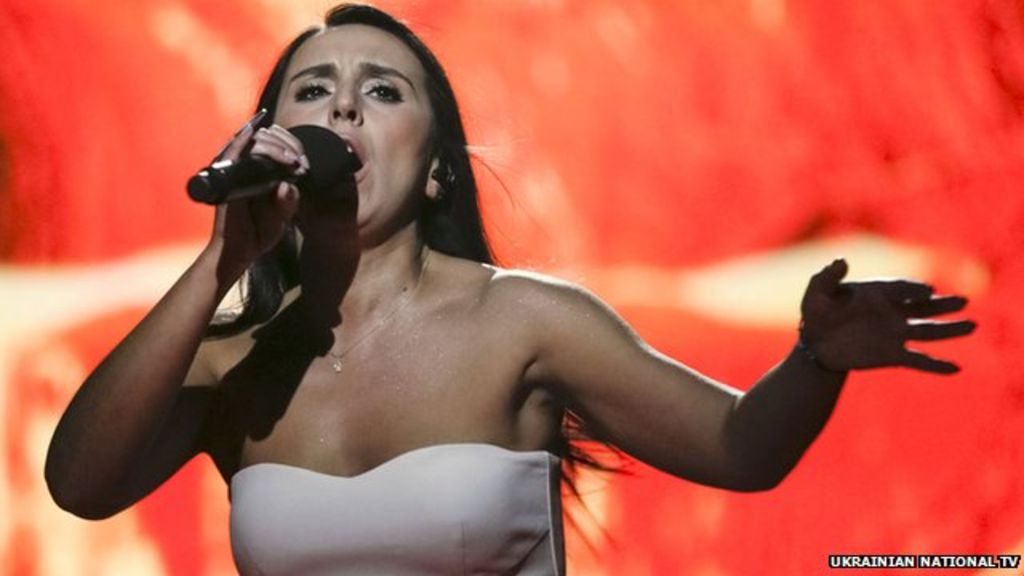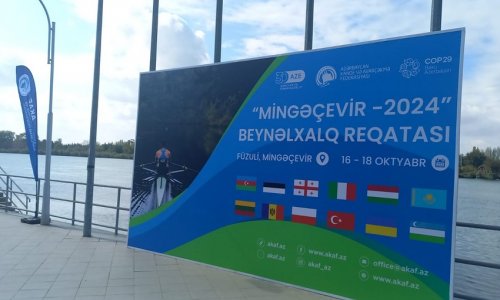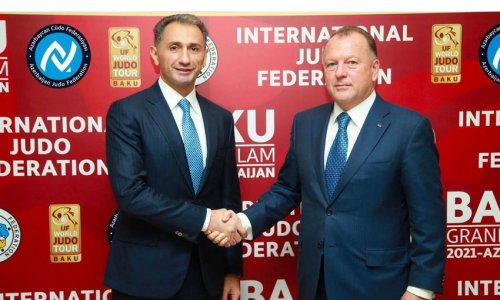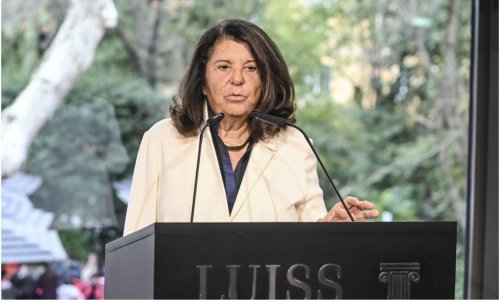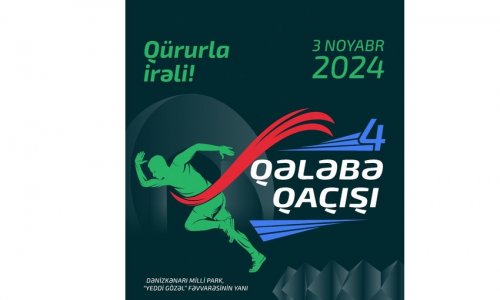Jazz artist Jamala was already a household name in Ukraine, before winning the nomination to represent her country at Eurovision.
The first ever Crimean Tatar to perform at the contest, she will appear in Thursday's second semi-final in Stockholm.
And her song, about Stalin, Crimea and claims of ethnic cleansing, is a far cry from the typical Eurovision song.
I watched Jamala, 32, perform to a sell-out crowd of trendy twenty- and thirty-somethings at Kiev's Atlas Club, a side of Ukraine normally drowned-out by headlines about corruption and war.
She was recently included in a series of UK government videos profiling Ukraine's Next Generation, a group of vibrant, talented people who apparently want to shed the country's bureaucracy-ridden, nepotistic tradition of governance.
Her Eurovision entry, 1944, is about the mass deportation during World War Two of the entire ethnic Tatar population from Crimea by Soviet troops under the orders of Stalin.
It is also "very personal". Jamala's great-grandmother and her five children were among a quarter of a million Tatars who were packed on trains "like animals".
Tatars who were packed on trains "like animals".
 Tatars who were packed on trains "like animals".
Tatars who were packed on trains "like animals".Many, including her great-grandmother's young daughter, died on the journey or in the inhospitable outer reaches of the Soviet Union, where they were relocated.
For Jamala, singing about the deportations is a duty to highlight was she says was akin to ethnic cleansing.
"I had to release their souls. Because they never came back to Ukraine," she says.
No politics rule
However historical and personal the song purports to be, anything linked to Crimea is an emotive topic in Ukraine today.
The eastern peninsula is now firmly under Russian control, since the territory was annexed by President Vladimir Putin in March 2014.
The West condemns the annexation as illegal. Ukraine still considers Crimea to be part of its territory.
At a Crimean Tartar restaurant in Kiev, Jamala laughed off claims that her song was political.
"You can see it in the lyrics," she told me.
And Eurovision has backed her, by allowing her entry to stand.
The contests rules state that no "lyrics, speeches, gestures of a political or similar nature shall be permitted".
However, one young woman at the Jamala concert in Kiev said the song's popularity was partly down to Russia's "occupation" of Crimea.
Another concert-goer believed that the "sad situation facing Crimean Tartars" added meaning to Ukraine's Eurovision entry.
Kiev-based Tatar group Crimea SOS has made allegations of "systematic" prosecutions against Tatar people in Crimea since the Russian annexation.
Spokeswoman Tamila Tasheva says 13 Tatar people have gone missing and seven have been killed without anyone being brought to justice.
Ms Tasheva sees a connection between the situation for Crimean Tatars today and Jamala's Eurovision song about Stalin's forced deportations.
"What's happening is not a violent deportation, but Crimean Tatars are being forced to leave the territory of Crimea."
The BBC asked the authorities in Crimea to respond to SOS Crimea's allegations. So far there has been no reply.Eurovision appeared to try to limit the political overtones of Jamala's song, by banning her supporters from waving the Crimean Tatar flag during her performance.
The contest organisers then relaxed its guidelines on the waving of flags.
However, in the first semi-final on Tuesday night, Armenian singer Iveta Mukuchyan was criticised for waving the flag of Nagorno-Karabakh, a separatist enclave that is officially part of Azerbaijan but currently under the control of local ethnic Armenian forces.
In reality, any event involving Ukraine and Russia these days has an added dimension.
Russia's entry sailed through to Saturday's final. If Ukraine also makes it through, expect a poignant affair.
(BBC)
www.ann.az
Follow us !

